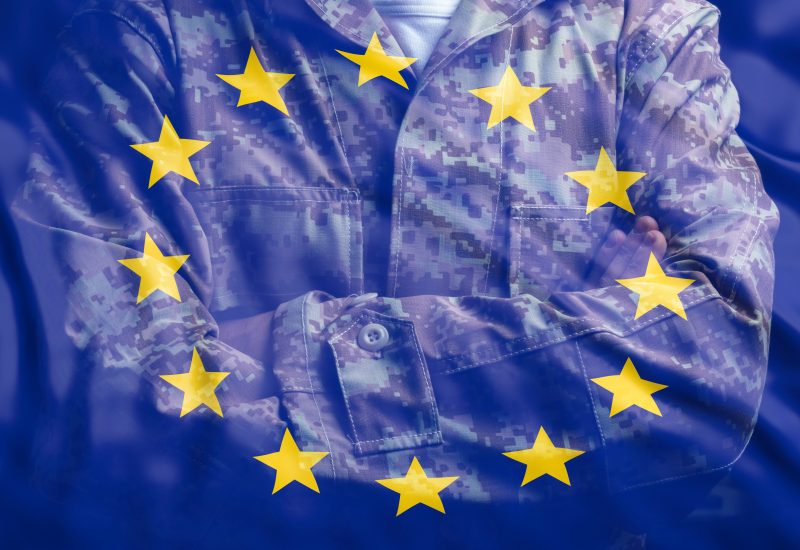Last month, issue 4/2023 of the Zeitschrift für Europarechtliche Studien (ZEuS) came out. It includes Professor Giegerich’s article “The Expanding Concepts of ‘Peace and Security’ in International and European Law: Protecting Sustainable Peace and Human Life in Dignity” (p. 539 – 589).
This is the Abstract: “On the UN as well as the European level, the concepts of peace and security have been broadened. Negative peace has been extended to positive peace and security from inter-State security against military and hybrid attacks to inter- and intra-State human security from numerous other threats. Security as a multidimensional concept includes democratic, rule of law and human rights, economic and environmental security as well as cybersecurity. Within the framework of the UN collective security system, a European Security Architecture has been established consisting of four complementary organisations: NATO, the Council of Europe, the EU and the OSCE. They jointly contribute to maintaining, promoting or building positive peace and human security in Europe and the wider world. With their different focusses, expertise and strengths – military, political, legal, economic, financial, moral – they strive together to prevent, repel and remove threats in any (including hybrid) form to sustainable peace and human life in dignity. In thus pooling their forces, the four organisations have come a long way, but have an even longer way to go. Especially the EU needs to transform itself into a supranational European Defence Union with its own defence forces.”
In his conclusion, Thomas Giegerich adds the following observation (p. 584): “The quasi-federal EU constitutes the most closely integrated European organisation with the most advanced value basis, the widest range of peace and security-related objectives, the most effective and democratic decision-making procedures and the most developed rule of law safeguards. Its tasks encompass the maintenance of negative peace and military security (CSDP) as well as the promotion of positive peace and human security in Europe and beyond (CFSP and supranational policies). This includes the projection of its values to neighbouring States and into the wider world, within the framework of the UN Charter and international law. The EU’s CSDP has not yet been upgraded to a common defence and joint European defence forces under supranational command have not even seriously proposed. While the TEU includes a mutual assistance clause with a higher degree of obligation than the corresponding clause in the NATO Treaty, it recognises NATO’s primacy in matters of collective defence. The EU still is more of a peace power than a peace power. Beyond military security, economic security is a particularly important element of human security for the EU in view of the internal market at its core. Notwithstanding its commitment to multilateralism, the EU strives for a certain degree of strategic autonomy, i.e. effective self-determination, in matters of peace and security in the broad sense.”


